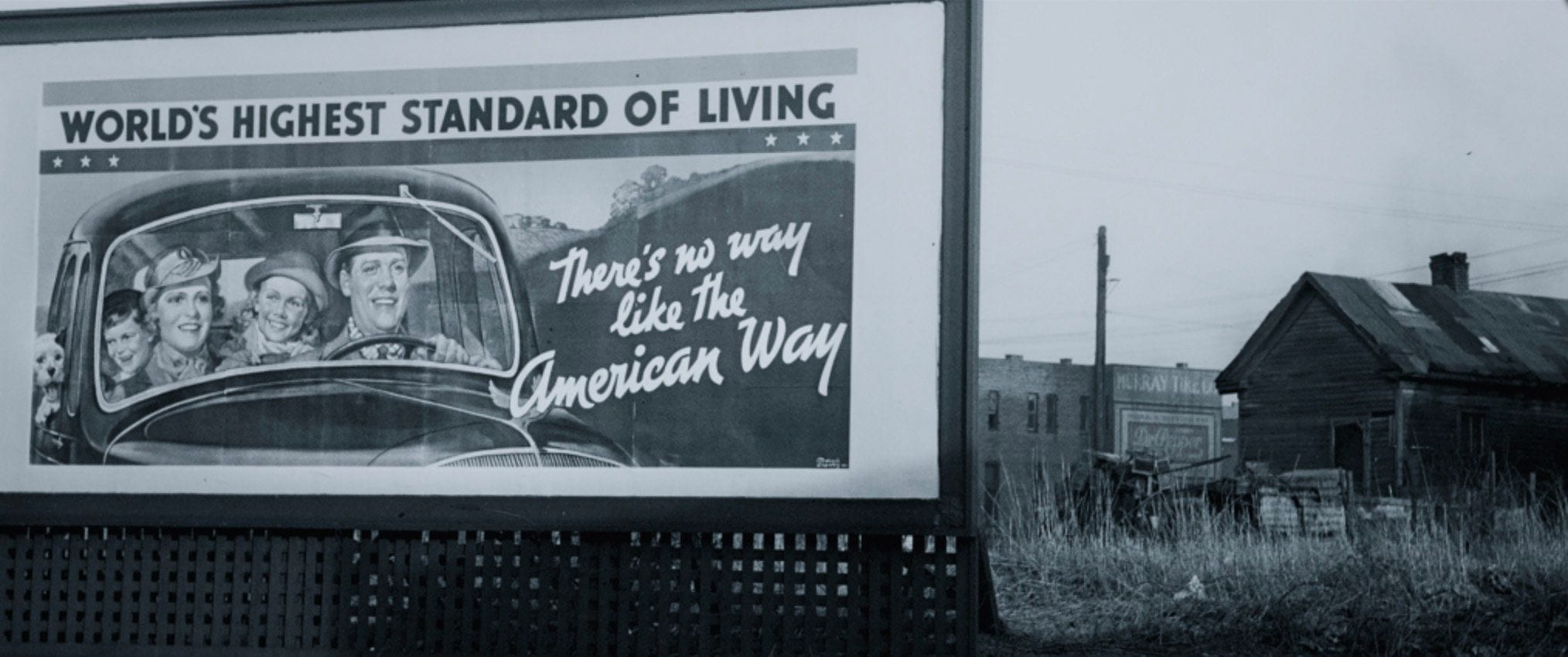
The popularity of Thomas Piketty’s economics tome Capital in the Twenty-First Century seems less shocking now than it did in 2014. Then, the progressive left in the US was seen as still mired in its Occupy Wall Street phase, the rage against the parasitic entrenchment of monied interests in the body politic seemingly confined to a cluster of dreadlocked crusties and Marxian academics.
But when Pikkety’s book was snapped up by a wider reading public, and his arguments about the unsustainable concentration of capital in a shrinking number of hands resonated, it became clear that income inequality was a broad concern. Two years later, when a little-known democratic socialist senator stormed the Democratic primary and convinced the party leadership that seemingly radical positions ($15 minimum wage, retirement of college debt, universal health care) had deep public support, Piketty was likely responsible for softening the ground.
All of which is to say that 2020 feels like an odd time for the release of a documentary based on the book. It feels either too late (most of the potential audience is already well familiar with the topic) or too early (the book’s true impact may be clearer ten or twenty years from now).
Justin Pemberton’s Capital in the Twenty-First Century takes the fundamental arguments of Piketty’s book and presents them in an engaging, visually brisk manner that has the gleaming appeal but somewhat narrow one-sidedness of a TED Talk. The author himself lays out his thesis: Modern capitalism has created a concentration of capital that is ultimately unsustainable. He references the “misery” of communist rule to show that despite his being well-versed in Marxist analysis, he is no doctrinaire Red demanding state control of industry. Rather, he is more interested in laying out a modern history of capital to show how pre-modern economic models, replete with tiny cliques of aristocrats distant from the teeming masses, are reestablishing themselves in our time.
Pemberton deploys a solid phalanx of experts who, despite their skepticism of capitalism, would likely be well-received on the Aspen/Davos post-lecture cocktail circuit. Academics like Joseph Stiglitz and Francis Fukuyama are interleaved with more sound bite-ready analysts like Rana Foroohar and Ian Bremmer. They walk viewers through Piketty’s crash course, starting from the Industrial Age’s decoupling of capital from land to the Wild West speculation of 1920s Wall Street, the post-World War II financial regulations that spread capital more equitably before being loosened in the Reagan/Thatcher era, and today’s hyperspeed capitalism and consumerism. (The montage of inequality set to Lorde’s “Royals” is a little too on-the-nose but effective nonetheless.)
The basic analysis laid out by Capital in the Twenty-First Century is that the modern state of inequality is carving ever-larger slices of the economic pie for what Fukuyama terms a global “layer of oligarchs”. This is not an original concept, of course. Where Piketty’s argument has greater resonance is how he ties it back to the past. He draws on literary references from Balzac to Austen (unfortunately yet understandably far more truncated here than in the book) to show how today’s “reproduction of social hierarchies” can lead to destructive class tensions.
He is more optimistic than many of the interviewees, even though his plans to produce greater equity would be fought tooth-and-nail by the anti-redistributionists. His surprisingly friendly and non-didactic analysis is fundamentally simple at its root (it’s not too complicated: tax wealth so that they can’t accrue anti-democratic amounts of power and wealth) , and as a result, potentially radical.
What all this boils down to is that Pemberton’s movie is essentially a Piketty book report. That is not necessarily a criticism. At a time when even once-literary people admit that Twitter has neutron-bombed their attention span, a 700+ page nonfiction book may not appeal. Because of that, despite the movie’s overly narrow focus, it’s hard to find fault with an easily digestible cinematic companion to such a crucial and potentially prophetic book.

- 'People of the Twenty-First Century' Reveals Just How Invisible Our ...
- The Best Books of 2014: Nonfiction - PopMatters
- A Divided Economy Will Not Stand: America and 'The Vanishing ...
- Minding the Gap of 'The Great Divide' - PopMatters
- 'A Little History of Economics' Provides a Charming Overview of the ...
- You've Got Nothing to Lose But Your Inequality - PopMatters
- It's Not That Steven Toast Is a Total Failure - PopMatters
- 'Inside No. 9': The Beautiful Horror Continues - PopMatters
- The City Is Mine: An Interview with Cadence Weapon - PopMatters
- A Symphony in Three Parts: Breaking Down the 'Steve Jobs' Score ...
- Capital in the Twenty-First Century - Kino Lorber Theatrical
- Capital in the 21st Century | Trailer - YouTube
- Capital in the Twenty-First Century (2019) - IMDb
- Capital in the Twenty-First Century - Wikipedia
- Capital in the Twenty-First Century — Thomas Piketty | Harvard ...
- Thomas Piketty: New thoughts on capital in the twenty-first century ...
- The Economist explains - Thomas Piketty's “Capital”, summarised in ...
- Thomas Piketty - CV
- Thomas Piketty - Home
- Capital in the Twenty-First Century: Piketty, Thomas, Goldhammer ...
- Thomas Piketty - Wikipedia
- Justin Pemberton (@justinsight) | Twitter
- Director Justin Pemberton On "Capital In The 21st Century ...
- Justin Pemberton Discusses Capital In The 21st Century - YouTube
- Justin Pemberton - IMDb
- Justin Pemberton - Wikipedia


